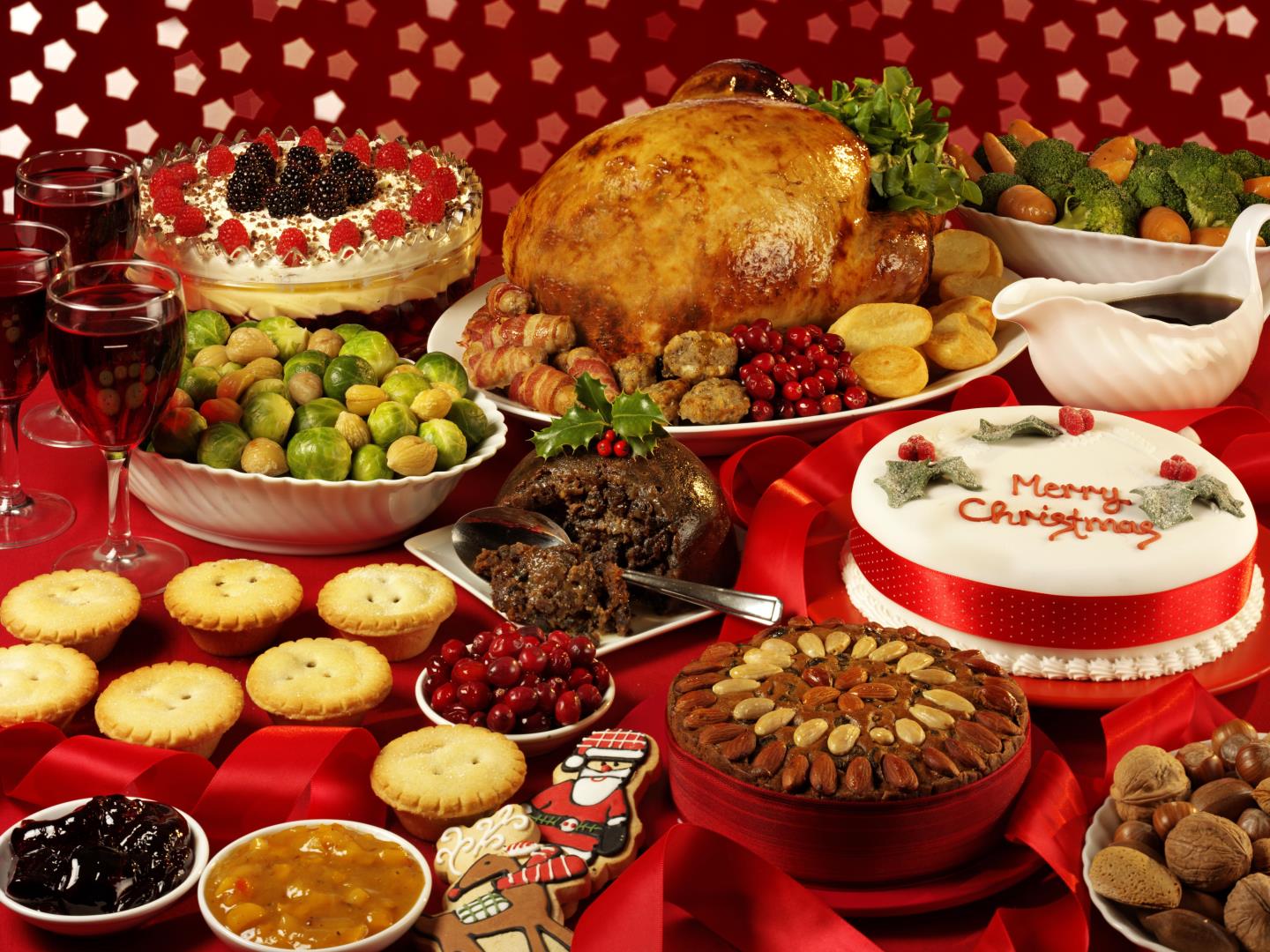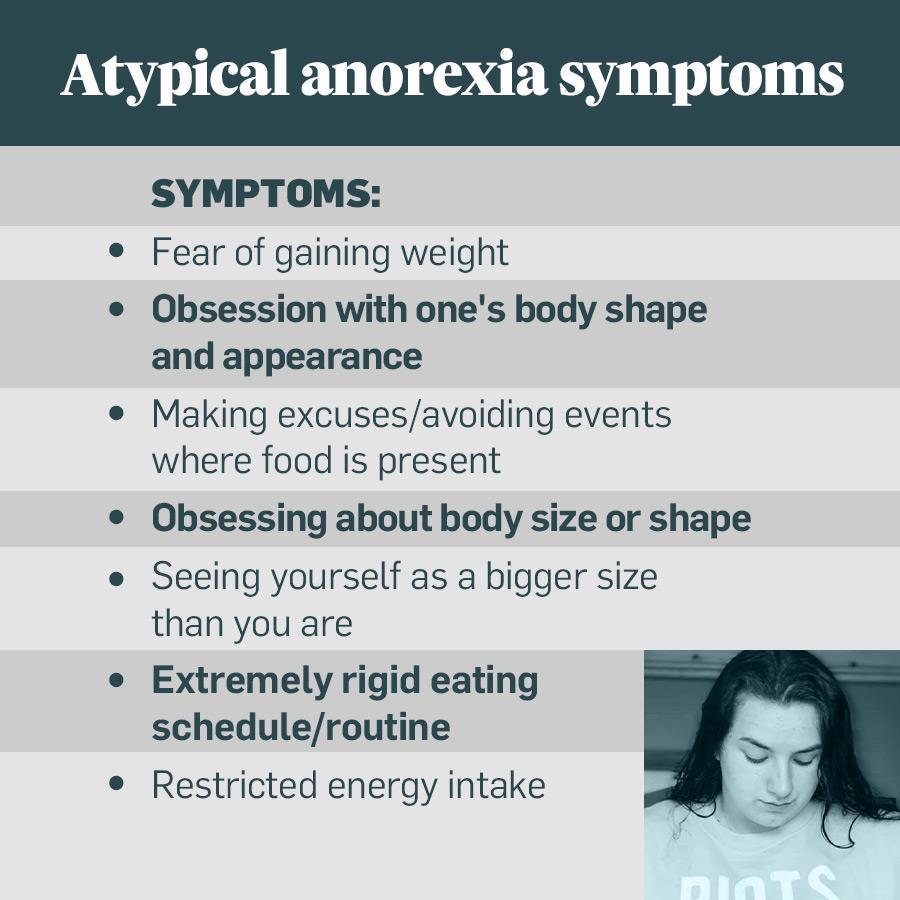Most of us can look at a table full of Christmas food with excitement but, for Shannon Williamson, it only fills her with dread.
The 23-year-old from Shetland has atypical anorexia, having struggled with an eating disorder since she was eight.
More than half of all eating disorder cases involve this condition, which often features the same behaviours of anorexia but without extreme weight loss.
And as the festive period ramps up, Shannon has spoken out to help others who may be also be struggling this Christmas.
‘You feel like you’re gaining weight looking at it’
By the time Shannon has even set eyes on a plate of food, she can find herself becoming anxious,
“You walk in and you can literally feel it add into your stomach,” she said.
“You feel like you’re gaining weight just looking at it.

“You feel heavy and it’s like the eating disorder is going ‘you’re too bloated to eat that, you’re too heavy already’ and it puts you off.”
She can recall one Christmas she found particularly harrowing, adding: “I hadn’t even had half of my dinner when I had to go and lie down because it felt like something was moving in my stomach.
“I hadn’t eaten properly in months then I was having this big meal and my body did not cope with it at all, I was in agony.”
Christmas a ‘field day’ for diet companies
Part of Shannon’s eating disorder coping strategy is to treat Christmas as she would any other day.
“I’m trying to make it as much of a normal day as I can, rather than special, because that’s where the anxiety stems,” she added.
“It’s funny because Christmas dinner is one day.
“It’s basically a Sunday dinner but there’s this idea it’s the biggest meal in the world and you’re going to have to cut yourself out of your jeans.
“Diet companies around January have a field day with ‘You need to get rid of that Christmas weight’. It’s disgusting.”

‘Get up and leave’ if a boundary is crossed
Shannon says having a strong support network can make a crucial difference at this time of year.
She added: “It’s just going to be me and mum this year, she’s been my rock in recovery and she knows what I eat and what I don’t.
“I can’t see it being a massive spread, which is a shame because I would like to do that at some point.”
The 23-year-old is urging people to be careful this Christmas, as their actions could cause considerable anxiety to someone with an eating disorder.
“Family need to be so aware of what they can and can’t say to you, because that’s the start of it all,” she said.

“Someone might come in and say ‘You’re looking a bit chubby’ or they might say they’re on a new diet.
“You need to say ‘Can we not have this conversation because it triggers my eating disorder.’
“You have to have boundaries and surround yourself with people who know what you’re feeling.
“And if someone’s crossing the line, get up and leave.”
Count from 10… and start the conversation
Not everyone with an eating disorder has yet reached the point where they can discuss their struggles openly.
“An eating disorder will do everything in its power to stop you doing it,” Shannon added.
“Start by saying how you feel in the moment.
“Sometimes the only way is to count down ten seconds then start the conversation and get the ball rolling.”
If you’ve been affected by disordered eating, charity Beat Scotland can offer support through its website or its helpline on 0808 801 0432.
Our 🏴helpline 0800 801 0432 is open:
Mon-Fri 9am – midnight and
W/ends & bankholidays 4pm -midnightOr you can email us
Scotlandhelp@beateatingdisorders.org.uk pic.twitter.com/pNpaAbeKM7— Beat Scotland (@BeatED_Scotland) October 6, 2021
Read more:
Man who hit ‘rock bottom’ with body image issues turns his life around with boxing
Tess Holliday: I had no idea that I could be struggling with anorexia
